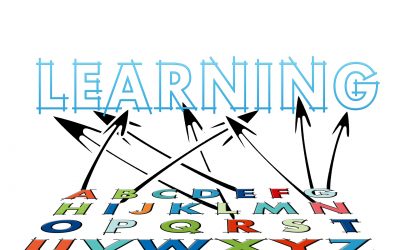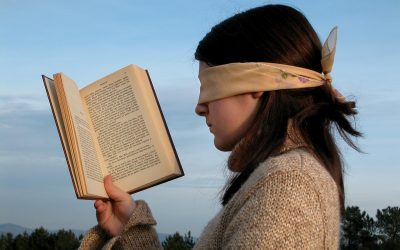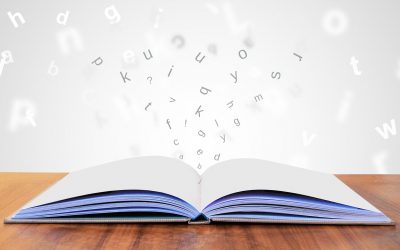Understanding Dyslexia – Part 1
I want to write to help people understand Dyslexia. To define it, to conceptualize it, and to perhaps recognize it. I believe this type of writing will also help to reduce some of the stigma that can occur around the label Dyslexia. I am composing a 2-part blog...
Best Teaching Practices for Struggling Readers
Dyslexia, reading disability, learning disability, or learning difference. Whatever you call it, if your child is not reading at grade level or has difficulty with spelling, your child demonstrates a typical learning profile. The “typically” developing brain will...
Speak2Read Case Study French Immersion
Bilingual Therapy? Oui, Oui, Madame! It’s true! We often get requests from parents with children in French Immersion who are concerned about their child’s progress and are even contemplating removing their child from French Immersion. This can be a difficult decision...
Speak2Read Case Study – Iceberg, Dead Ahead!
The “Case”: Boy, Grade 1, public school. English speaking. Let’s call him … Finnegan! (A Mr. Dress-Up shout-out). Referral Reason: A couple “funny” things in his speech The Situation: Finnegan had completed previous language assessment and all scores were in the...
Speak2Read Case Study – The Girl In Grade 3
This young girl in Gr. 3 came to see me after having completed a Psychoeducational assessment as well as a language assessment. She hated homework, did NOT like writing, and did very little reading for enjoyment. Spelling was significantly challenging for her. ...
Speak2Read Case Study – Grade 3 Struggling Reader Gets to Watch Cartoons
I am interested in examining some case studies here in my blog to look at applications of neuroscience, careful assessment, and individualized intervention. For the first case study, I actually chose a student that I did NOT get to work with! I have spoken about this...
A Cautionary Tale for Parents of Slow Readers
DANGER, WILL ROBINSON! A Cautionary Tale for Parents of Slow Readers! In my previous blog posts here and here, I began educating parents and drawing attention to some of the concerns to be aware of when considering having assessment and standardized testing completed....
Testing for Dyslexia and Learning Disabilities: Pitfalls to be Aware Of (Part 2)
This is part 2 of a blog series that looks at some of the detriments or pitfalls of diagnosing, labelling, and standardized testing. Please review prior blogs, particularly the most recent one here, to get up to speed!! Let’s jump right in to Pitfall #3: 3.) Point of...
Testing for Dyslexia and Learning Disabilities: Pitfalls to be Aware Of (Part 1)
I’m writing a series of educational blog posts from a “Mythbusters” perspective this month, to shine a light on some of the disinformation that is out there regarding speech, language, and literacy development. If I could find a cool hat and learn how to grow a...
An Alternative to Testing for Dyslexia
Often people get really hung up on how to diagnose dyslexia or how to test for dyslexia. There is often a desire to test for a learning disability or to diagnose a learning disability. As humans, we are very eager to explain things, and we feel like a diagnosis will...
Language Roots In Reading Accuracy And Comprehension
This post is a continuation of the previous blog post - LINKING SPEECH & LANGUAGE TO LITERACY. Please read on to learn about the complexities of the language system, and how it relates to reading. The purpose of reading is to extract meaning from the words you...
Linking Speech & Language To Literacy
Making the Case for a Speech – Language Expert as the most qualified person to teach your child reading We get distracted when we talk about reading. We think about how to teach a whole class of children. We think about how to arrange our classroom. We think about...












